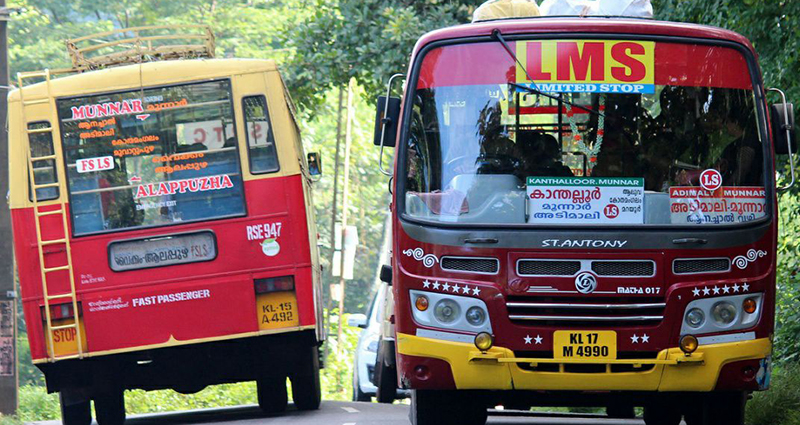Private bus or KSRTC; Which is better? People tells their opinion…
One specific fact of your Michigan bus accident case that’s incredibly important is whether or not the bus involved in the crash was publically or privately owned. Who owns the bus dictates what law is applicable.
Public, government-owned buses
Though the majority of buses in this category are operated by municipalities as part of a public transportation network, public busies include any bus operated by the government other than school buses. They include large metro buses, public university shuttles, and any number of other vehicles operated by a government entity.
If a bus is owned by the government, it has protections that a private bus company does not have. For instance, if the bus involved in the collision is a public transit such a state university*, than it can be sued but the bus driver cannot unless a higher standard of negligence is found (gross negligence). (*State universities are departments of the state government. Six months written notice must be filed in strict compliance with the Court of Claims notice provisions, or the claim will be forever barred.)
The major special consideration when dealing with cases against government bus companies is the fact that a bus accident lawyer is suing the government. Different jurisdictions have different standards when it comes to dealing with, and overcoming, a state’s governmental immunity.
Another notable difference between public and private bus companies is that the government or municipality will most likely be self-insured. This means that there’s no policy limit because the municipality does not have a traditional commercial motor vehicle insurance policy that the average driver would have. Simply put, the jury or fact finder is free to assess damages that will not be capped by a policy and the entity cutting the check will not be an insurance company, but rather the government or municipality.

Private bus companies
The private commercial bus is one of the most visible for many Americans, particularly those who don’t live in cities with municipal transportation. Private carriers include those used for long distance travel like Greyhound, and smaller charter buses, tour buses or paid shuttles.
If a private bus, such as a Greyhound bus, is involved in a collision, then the driver and Greyhound can be sued. Thus, the government-owned bus driver has more protections against claims.
When a private bus company is involved in a bus accident, the corporation (depending on size) may not be self-insured, and therefore there may be a bus insurance policy limit. This means that there will be a cap on what can be recovered for damages through insurance, and the entity writing the check is the insurance company.
Who may be responsible for your bus accident damages? Depending on the specific facts and circumstances surrounding your case, there can be different parties held responsible for your bus accident, including:
The bus driver: Bus drivers have a duty to their passengers and other people on the road to drive safely. If the driver is negligent and does not keep the passengers safe, he or she can be liable.
The bus company: The company that owns the bus can be responsible for the accident because it’s the company’s job to make sure its employees are properly trained, that its buses are in good working order, and that its customers have safe experiences. If the entity that owned the bus failed to do anything that it was responsible for, then it can be held liable.
The bus maintenance company or the bus/part manufacturer: If the bus company uses a maintenance service and that servicer was negligent in its maintenance or inspection, it can be held responsible. Similarly, if there was a defect in a part on the bus that caused the accident, the part manufacturer can be held liable.
The government: If the bus involved in the crash was owned by the local or state government or regional transportation authority, and the accident was caused by its negligence, then the government can be held responsible.
Negligent driver of another vehicle: The bus accident may have been caused by a secondary vehicle on the road that was operated in a negligent way. The negligent driver may have been texting or speeding and can be responsible for his or her actions that caused the crash.
Obviously when you’re in a serious bus accident, you cannot control who owns the bus. But knowing there’s a difference in who’s responsible and how that may affect you is important to understanding your rights.



















